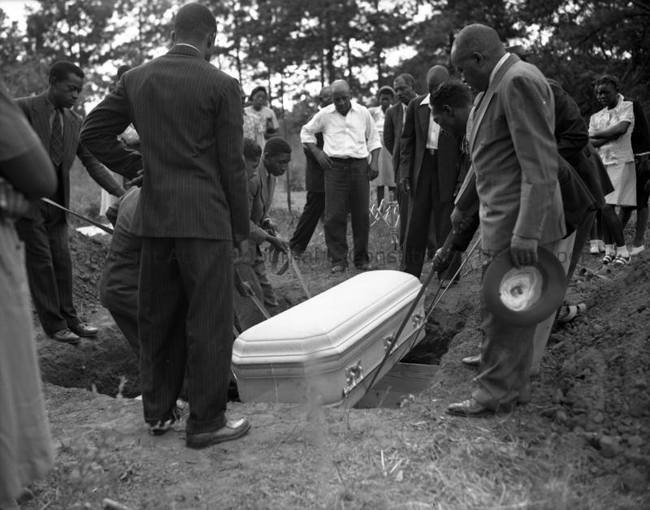
In an unprecedented action, the United States Department of Justice will be accused of failing to account for the whereabouts or lives of hundreds of African Americans who either vanished or were murdered by the Ku Klux Klan and other groups in the civil rights period of American history in front of the United Nations. The movement is led by two women, professors Paula Johnson (pictured top) and Janis McDonald (pictured bottom) of the Cold Case Justice initiative at Syracuse University.
In Geneva the UN’s human rights council will be informed at a special meeting of its functioning group about how the surge of racial violence, which pervaded the deep south in the 1940s through the 60s, has never been addressed even taking into account a congressional law from seven years ago which directed the FBI to review the cases. This accusation will be brought to the UN by a union of lawyers and civil rights experts from Syracuse University who have examined and investigated scores of cold cases of race murders that have never been brought to justice.
They are prepared to present to the UN—which has engaged in comprehensive review of the United States’ human rights record—a list of over 300 questionable killings that the FBI has not even acknowledged, let alone resolved.
Using that standard, there have been hundreds, possibly thousands of murderers who have committed these crimes as white supremacists while enjoying total impunity. A small but undetermined number of them remain alive and at large.
“The United States has never come to terms with accountability for the devastating loss of life during a time of domestic terrorism that continued in many forms after the legal end to slavery,” is what the Syracuse team will state at the United Nations.
The FBI has compiled a list of 126 victims of suspected racial killings before 1970, where no prosecution took place. The Attorney General, Eric Holder, presented a report to Congress under the Emmett Till Act. Holder said the department had engaged numerous resources to that effort, including more than 70 federal prosecutors.
The Act was named for Emmitt Till, a 14-year-old black boy, who in 1955 was tortured and drowned after he allegedly whistled at a white woman. His grisly murder became a rallying point in the civil rights struggle. The cold case lawyers counter that there have been many fundamental flaws in the manner in which the Department of Justice has tried to meet the obligations of the act. They contend that the FBI’s current total of 126 victims grossly understates the number of racial killings in the 1940s, 50s and 60s, and that the list of names has barely changed since the act went into effect.
“Only a handful of names have been added to the partial list that existed when the law was passed,” the Cold Case Justice Initiative writes in its official statement to the UN group.
Since the passage of the Emmett Till Act, only one person has been successfully prosecuted. In 2010, James Bonard Fowler, a former Alabama state trooper, pled guilty to the 1965 shooting of civil rights demonstrator Jimmie Lee Jackson. Fowler received a six-month prison sentence.



